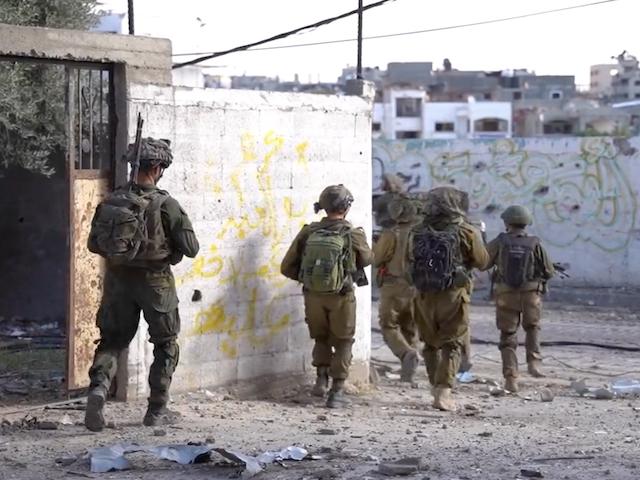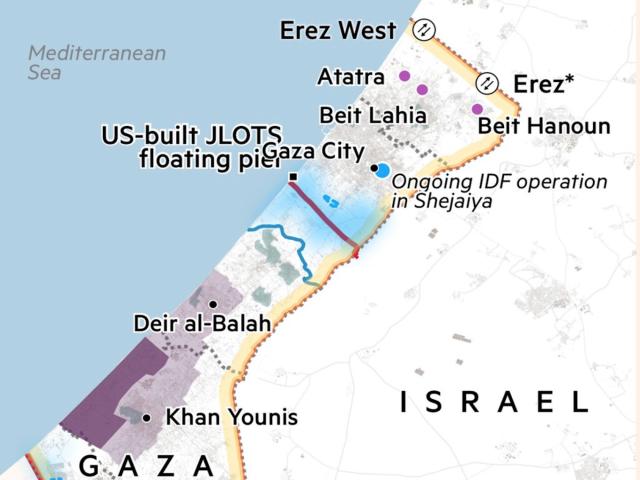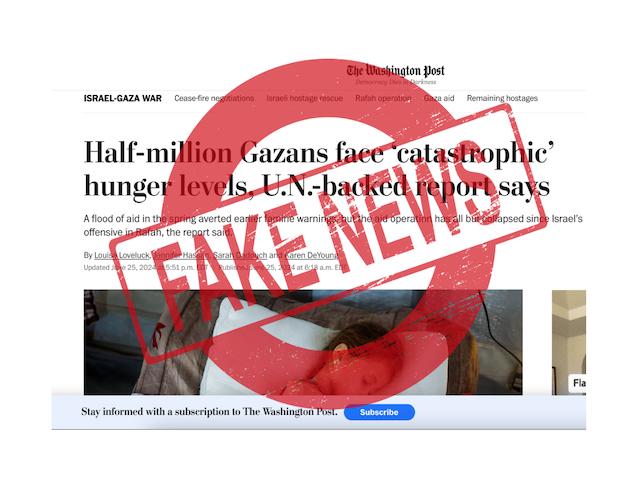
- Details
- The Judean Staff
- Explainer
Minimizing Civilian Casualties
The Israel Defense Forces (IDF) have undertaken extensive measures to minimize civilian casualties during their 263-day ground operation in Gaza. Despite the complexities of urban warfare, where terrorists often embed themselves within civilian populations, the IDF has adhered to strict protocols to avoid harm to non-combatants. While many have accused Israel of conducting a genocidal war, the facts on the ground alone refute these claims. In fact, some of the world's leading warfare and international law specialists have come out applauding Israel for their "above and beyond" approach to ensuring that civilian casualties remain at a minimum.
Challenges in Urban Warfare
Hamas's strategic use of civilian areas, such as schools, hospitals, and humanitarian shelters, poses significant challenges. These tactics are in direct violation of international law, complicating the IDF's efforts to target military assets without affecting civilians. The IDF's operations in these sensitive areas underscore the need for precision and careful planning. This does not mean that no civilians are killed, sadly Hamas makes it a part of their strategy to ensure that Palestinian children and women will be among the casualties if Israel attacks these sites. However, one factor that many neglect is that many of these women and children who have been killed or inured as a result of a targeted strike on a militant compound by Israel are in fact, the families of those being targeted in the operation. From a propaganda perspective, Hamas and anti-Israel activists have used the civilian deaths to vilify Israel while neglecting to provide the context of the strikes and the makeup of the casualty list.
Perhaps the most known expert in urban warfare and international law when it comes to situations like this is retired US army officer Colonel (reserves) John Spencer who heads up the most prestigious department in the world that is devoted to Urban Warfare at America's West Point Military Academy. Colonel Spencer has visited the Gaza battlefield and has studied the mission briefs extensively and since the outbreak of the war has been adamant that Israel is going above and beyond what is necessary to protect civilian lives in Gaza. In a recent interview with Jordan B. Peterson, Spencer explains just how impressive the IDF effort has been.
Urban Warfare, Civilian Casualty, & Human Shields | John Spencer pic.twitter.com/cNoF2TU4dD
— The Jordan B. Peterson Podcast (@JBPpod) June 10, 2024
Read more: Deep-Dive: How 264 Day Ground Op Balanced Strategic Goals & Humanitarian Aid





